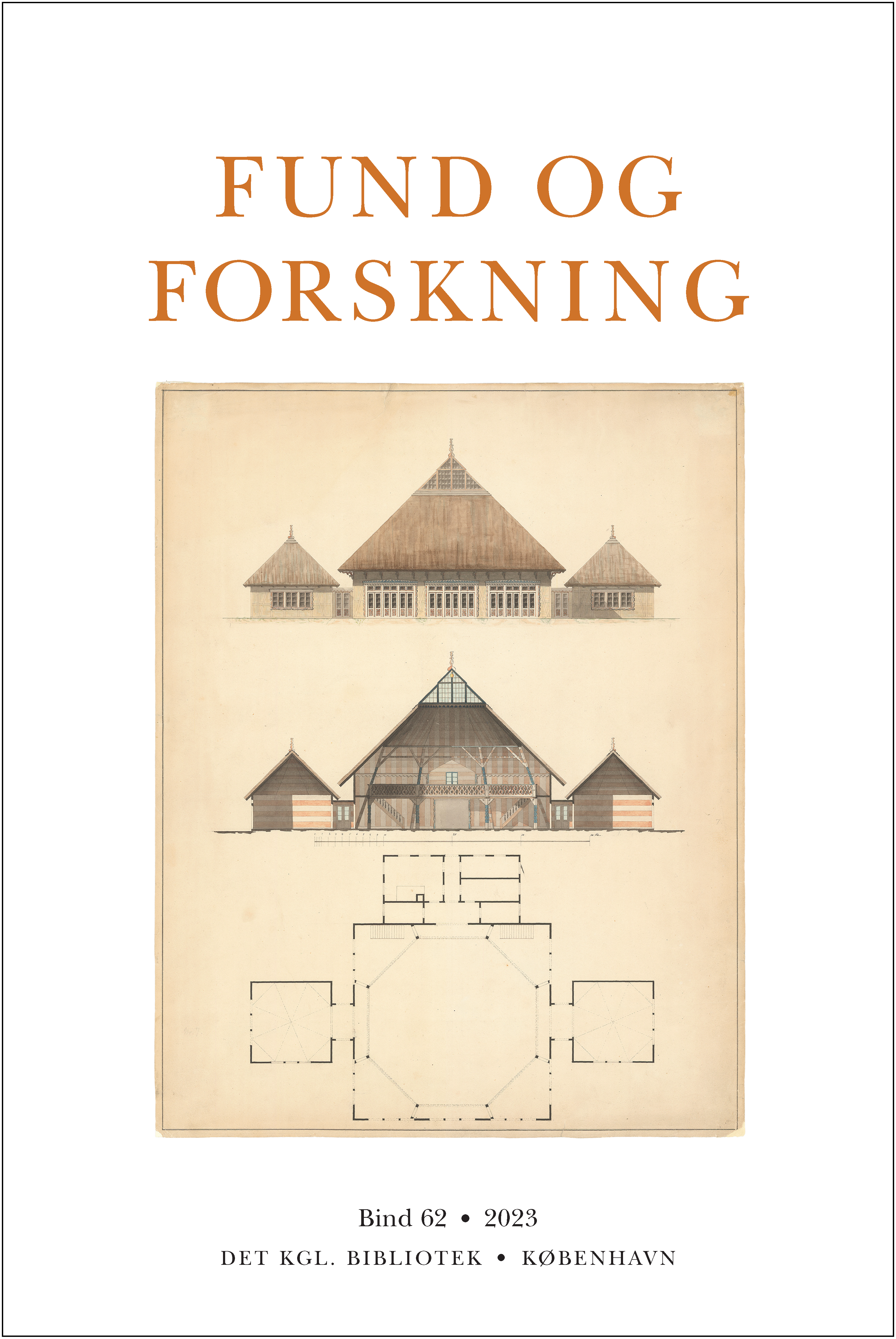"Jeg gemmer kun det, jeg ikke kan huske"
Danske scenekunstneres dokumentationspraksis i det 21. århundrede
DOI:
https://doi.org/10.7146/fof.v62.147168Resumé
The digital turn has influenced art practices and forms of expression, and has created among artists an increased awareness of the archive. The digital turn changes how archives are created, and new strategies for collecting need to be established to ensure that the cultural heritage is preserved.
The study understands the performing arts archive as a living archive that is part of an artistic circuit. Through interviews with ten Danish-based performing artists who do not use the play text as a score for their work, the article examines what the artists themselves preserve and what kinds of record they need from the archive when re-staging or reinterpreting other artists’ work.
In order to get an overview of the nature of the artists’ archives, two axes are used: one that measures the volume and one that measures the nature of the content. Through an investigation of what the performing artists preserve, particular emphasis is ascribed to documentation of the work, documentation of the process and documentation of the experience. In addition, a new axis that deals with the time-sensitivity of archives is proposed.
It is not ideology that causes the performing arts not to be preserved by the individual artist in the study but a matter of chance, of economy in relation to recording and storage room. There is a tendency to save materials that make one’s own works appear as they were intended. Several of the artists have digital online archives, socalled ‘frontstage archives’, which differ from the digital archives they keep backstage, privately. A new trend can be seen among some of the artists, where the performance is documented by the audience at the performance, which calls into question the expressive potential of the material: is it part of the work itself or is it a perception of the work that can be equated with a review?
In the case of the need for archival materials for re-staging or reinterpretation, there is not necessarily a need for the same things that the artists themselves have preserved: here the raw video documentation, work notes, the intention on the part of the artist in his/her own words, in some cases recordings from rehearsals and contact with the bodies that performed the work are requested, in order to gain insight into the method. It is very clear that for the interviewees there is a need for an interaction between certain types of archive fragments.
Surprisingly enough, there was no correlation between artistic form of expression (durational, relational, wordless) and what was requested in relation to documentation.
Finally, the study maps the artists’ thoughts on different reporting formats, where both economics and transparency about purpose come into play as important motivational factors.


